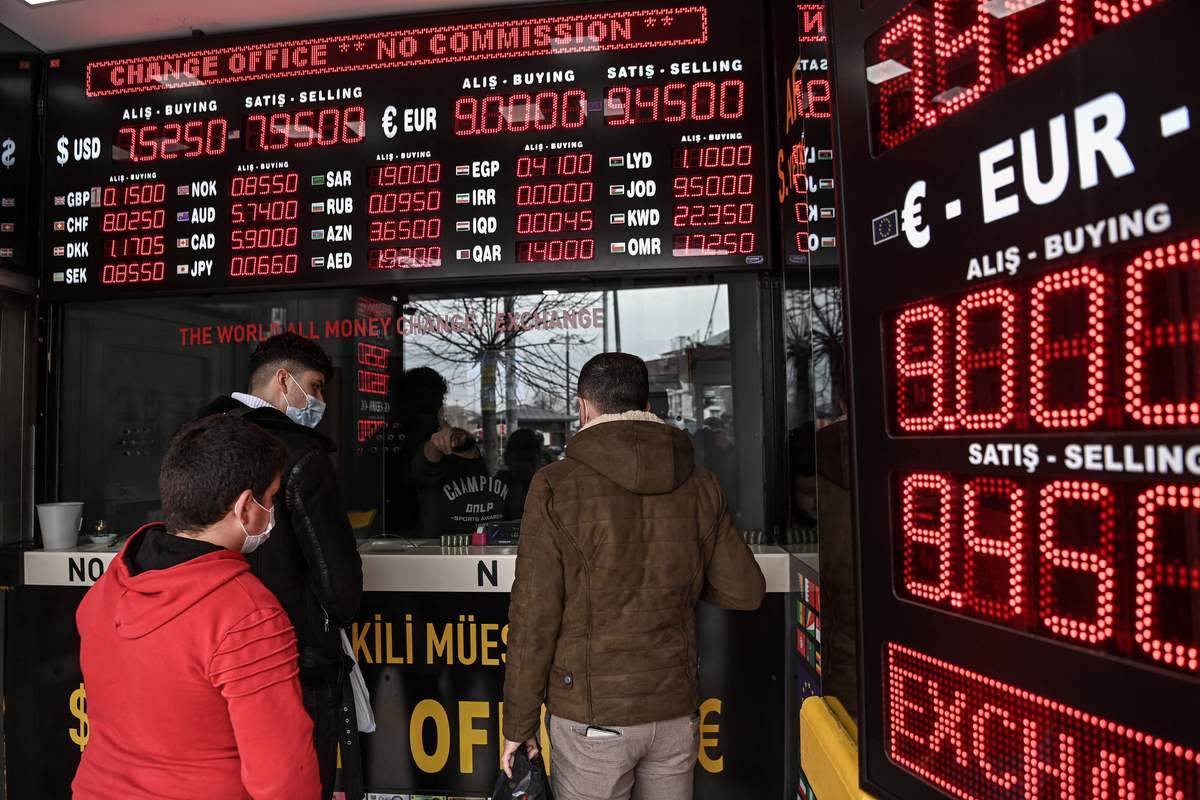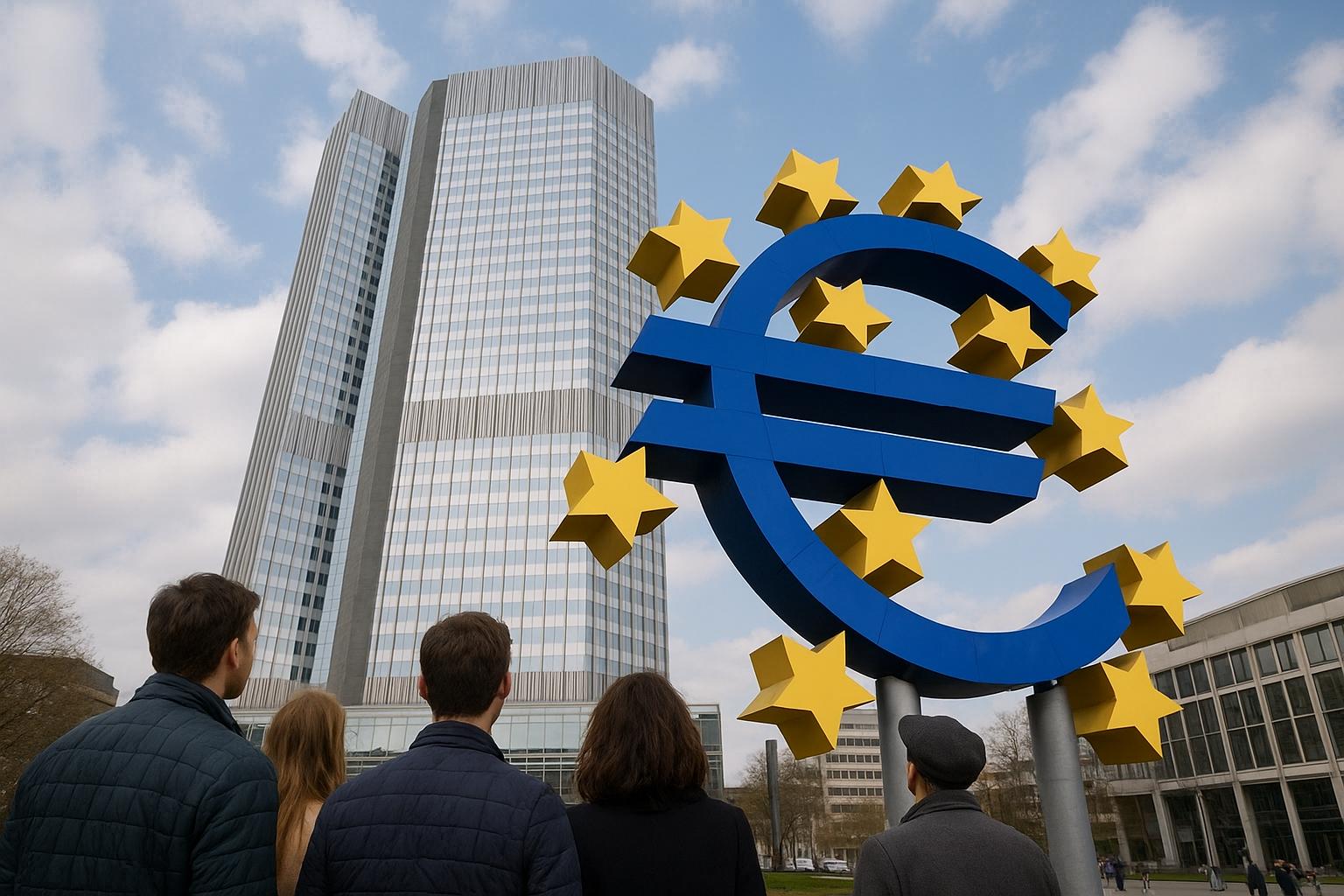
Recently, Turkey's financial markets have been rocked by a political event. The arrest of Istanbul mayor Ekrem Imamoglu became an instant flashpoint for financial market turmoil, with the Turkish lira plunging nearly 10% against the dollar, falling below the 40:1 mark for the first time, before recovering somewhat, but still at an all-time low. At the same time, the stock market was not immune, the Istanbul Stock Exchange opened sharply lower, even triggering a circuit breaker, and the bank share index fell 9.2%, the biggest drop since May 2023.
During this storm, Bitcoin-lira trading volume surged on the Binance platform, and between 7:00 and 8:00 UTC on March 19, 2025, BTC/TRY trading volume reached 93 BTC, the highest level in at least a year. Investors in the panic of lira depreciation, have turned to cryptocurrencies such as bitcoin, trying to find a safe haven for assets. But behind this seemingly fortuitous market phenomenon lie longstanding, deep-seated problems in the Turkish economy, as well as financial markets' heightened sensitivity to political risk.
From a historical perspective, the Turkish economy has been in trouble many times in the past due to political and economic policies. In 2018, the political conflict between the United States and Turkey led to a sharp depreciation of the lira, which briefly fell below 6.8 against the dollar. The reason behind this is that in addition to external political pressure, Turkey's own economic structure also has huge risks. For a long time, Turkey's economic growth has relied on a large amount of foreign debt, and its current account deficit has been perennial, accounting for 6.3% of GDP in the first quarter of 2018, one of the largest deficits in the world. As Turkey's debt-fueled economy struggles to sustain itself amid the normalisation of global central bank monetary policy, the pullback has exposed the lira's vulnerability.
Back to the present, behind the collapse of the lira, political factors are the direct cause, but the structural problems at the economic level are fundamental. First, inflation has been a persistent problem in Turkey's economy. The inflation rate has continued to climb since 2022, and although it has fallen to 39.05% in 2024 from 85.51% in 2022, it remains high. The Erdogan government's controversial strategy of "cutting interest rates to fight inflation" has seen the central bank's interest rates fluctuate wildly over the past year, from 8.5 percent to 50 percent to 42.5 percent, undermining the central bank's independence and causing the lira to depreciate by more than 60 percent. Second, Turkey faces high external debt pressure, with short-term debt accounting for 40% of the total of $450 billion. The Fed's rate rise has prompted capital to return to the US, foreign ownership in Turkey's stock market has plummeted to 28 per cent, and the depreciation of the lira has further increased the cost of energy imports and pushed up inflation.
From the perspective of social livelihood, high inflation and currency depreciation have dealt a heavy blow to Turkish people's lives. As of early 2025, the purchasing power of the minimum wage in Turkey has decreased by 58% compared to 2020, the price of bread has increased by 210%, the poverty rate has reached more than 30%, the bank bad debt rate has climbed to 12%, corporate layoffs are widespread, and economic growth prospects are bleak. In this case, people's confidence in the lira has dropped to freezing point, and they have turned to other assets to protect their value, and cryptocurrencies such as Bitcoin have become one of the options.
For the global financial market, the turmoil in the Turkish financial market has also had a certain spillover effect. Despite Turkey's relatively limited presence in the global economy, financial markets are increasingly interconnected in the context of globalization. The lira's plunge triggered widespread pressure on currencies in emerging economies, with the Hungarian forint falling about 0.9 per cent against the euro and the Polish zloty also falling. At the same time, it also caused investors to re-examine the risks of emerging markets, and the risk aversion increased.
The collapse of the Turkish lira, which triggered a surge in bitcoin-lira trading volume, is a microcosm of Turkey's economic and political woes. It is a reminder that in global financial markets, political stability, structural economic health and the soundness of monetary policy are Paramount. For investors, they need to pay more attention to macroeconomic and political risks and allocate assets prudently. For policy makers, how to balance economic growth, inflation control and debt in a complex international economic environment is an urgent challenge.

Recently, according to the Economic Times, the European Central Bank (ECB) may cut interest rates twice more within 2025.
Recently, according to the Economic Times, the European Cen…
To this day, conflicts in the Middle East continue unabated…
On November 15th local time, the protest waves in front of …
The Canadian government's recent announcement of an immigra…
On November 17, 2025, the U.S. stock market once again disp…
When Tesla Optimus completes precise object grasping, when …